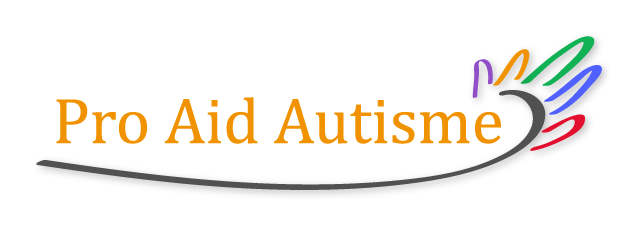Le défi de distinguer les bonnes variantes génétiques des mauvaises.
Good variants, bad variants – The challenges of distinguishing them
As high throughput sequencing accelerates, so does the discovery of vast numbers of genetic variants. Though many variants are strongly associated with rare or common genetic disorders, non-pathogenic variants are sometimes misinterpreted as disease-causing. In one study, over a quarter of severe disease causing mutations sequenced in a set of 104 individuals were reported to be non-pathogenic. This illustrates how false-positives in patients could result in unnecessary treatment or misleading reproductive advice. The scientific community might also allocate unnecessary resources to research. This Nature article offers guidelines to conduct human genome sequencing in order to distinguish disease causing variants from non-pathogenic or functional variants.
The authors base their recommendations on five key areas: study design, gene-level implication, variant-level implication, publication and databases, and implications for clinical diagnosis. Researchers investigating pathogenic variants should consider techniques best adapted to the likely genetic disorders. For instance, exome sequencing is frequently used to investigate presumed monogenic disorders. Concerning gene involvement, investigators must demonstrate the impact of all variations in a gene implicated in a disorder. Additionally, in order to avoid misinterpreting the role of variations in gene disruption, investigators must systematically compare their findings with non-disease-related genes. All rare disorders may not, however, offer control measures, due to the scarcity of evidence. In such cases, comprehensive gene, informatic and experimental cross-analyses are recommended. As many rare non-pathogenic variants appear in most human genomes, particular caution must therefore be taken when establishing a causal role of variants in disease expression.
In order to increase the quality and quantity of evidence on variant pathogenicity, the authors recommend building open-source registries to centralise and update data on sequence variants and their consequences on gene expression. The US National Center for Biotechnology Information (NCBI)’s ClinVar database will link information with other initiatives such as LOVD (Leiden Open (source) Variation Database), OMIM (Online Mendelian Inheritance in Man) and DECIPHER in an effort to coordinate data repositories globally. The authors emphasise that data sharing will accelerate evidence gathering and analysis of variant implication in gene disorders. Open databases will further contribute to clinical diagnosis, where misdiagnosis could have severe consequences on patient care. Eventually, the richer the shared information is, the more robust it will become and the easier it will be to establish levels of certainty in evidence for variant implication in disorders.
